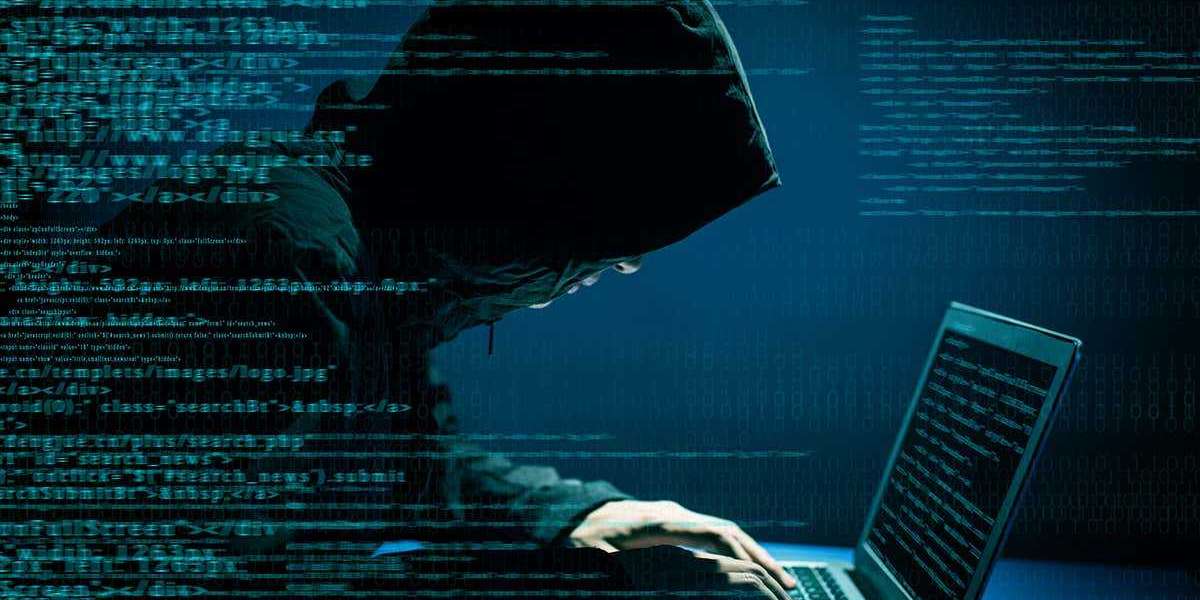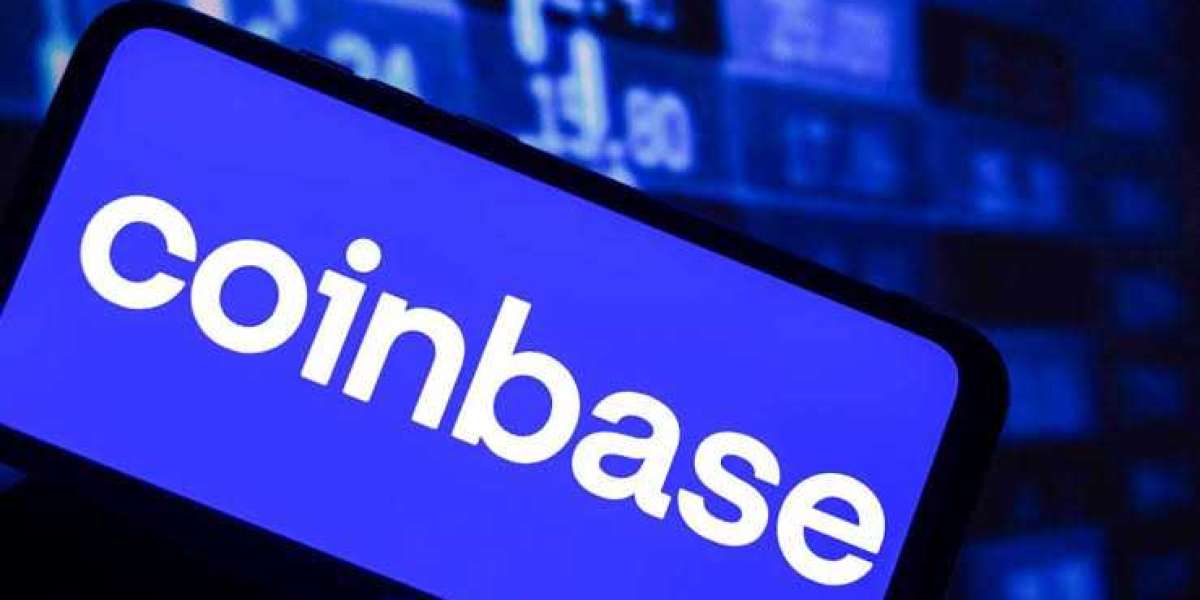- The dark web isn't intrinsically bad, illegal or dangerous. Whistleblowers, journalists, activists and law enforcement officers use the dark web to gather and share information without revealing their identity. And around the world, users may want to use Tor or the dark web to evade government censorship and surveillance.
- However, if you're the victim of identity theft or affected by a data breach, your information could be sold on the dark web. There are some steps you can take to help protect yourself and stay ahead of identity thieves.
- Be cautious when browsing the dark web. If you choose to browse the dark web, be mindful that you don't know where a .onion address will take you. You could unwittingly wind up on a site that tries to install malware on your device.
- Use unique passwords for your accounts. If your account information is stolen, it's only dangerous if an identity thief can actually use it. Creating unique passwords for all your online accounts can help limit the impact of a single data breach. If you suspect your account information may have been compromised, change your password immediately.
- Update your passwords. Regularly changing your passwords even in the absence of a threat can also make your account information less useful. A password manager can help you create and store strong passwords, and may even perform regular security checkups for you.
- Sign up for dark web monitoring. A dark web monitoring service will look for your information on the dark web and inform you if it finds anything. The forewarning will let you know which information is compromised, and gives you a chance to take steps to secure your identity and accounts.
- Lock or freeze your credit reports. Locking or freezing your credit reports can keep someone from opening an account in your name, even if they have your personal information.
- There are other ways to protect your information online as well, such as being mindful of what you share on social media, closing unused accounts and avoiding phishing attacks.
Cadet Talha
20 Blog Mesajları







